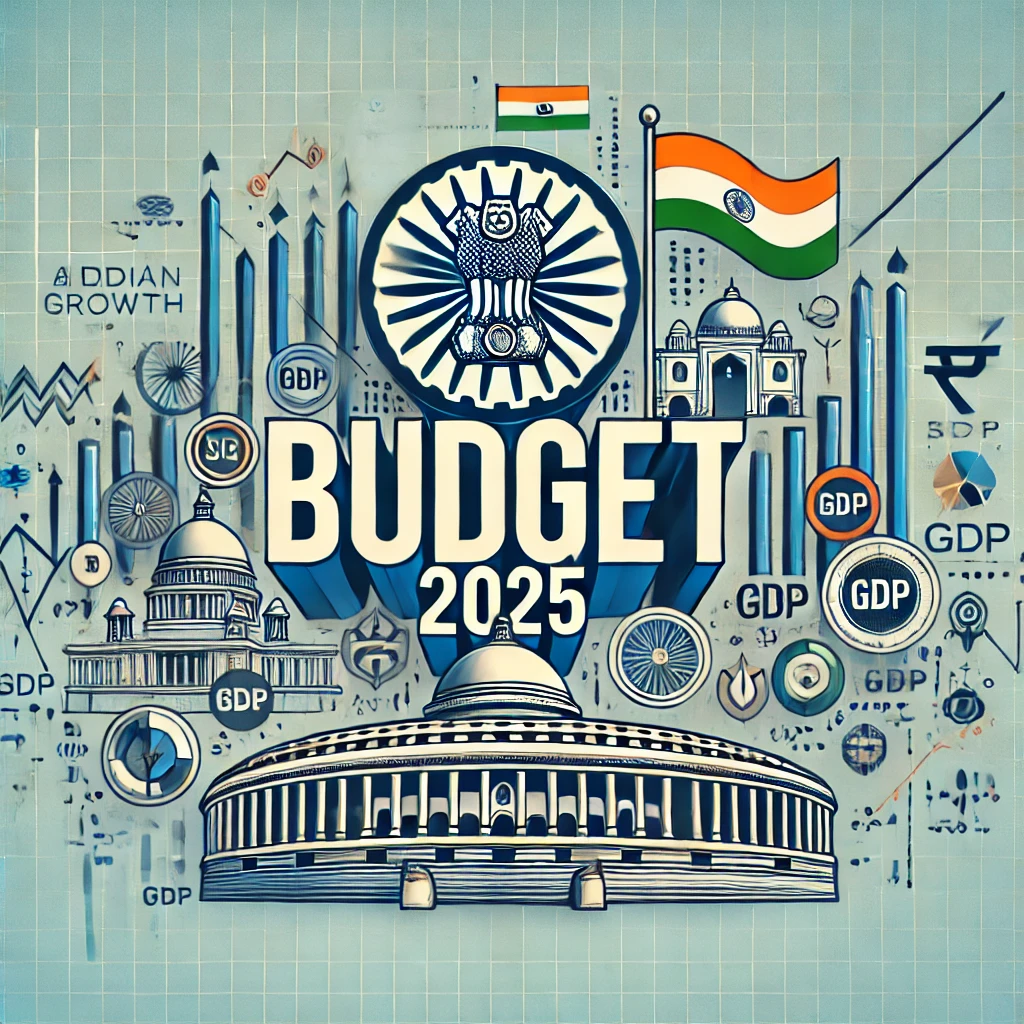As September draws to a close, there is growing debate among taxpayers and professionals about the urgent need to extend the tax audit due date for Assessment Year 2025-26 (Financial Year 2024-25). With the current deadline looming and a cascade of challenges confronting both taxpayers and Chartered Accountants, the demand for relief is not just widespread—it is well-founded.
What’s Causing the Pressure?
- Portal Glitches and Utility Delays: The rollout of crucial forms like ITR-5, ITR-6 and the latest tax audit forms (Form 3CA/3CB/3CD) occurred late—some as late as early August. Since each schema update often requires professionals to revalidate or resubmit data, this leads to duplication of effort and a waste of precious time.
- Technical Disruptions: The e-filing portal has faced intermittent downtime, slow responses, validation errors, and frequent schema changes. These issues disrupt workflow, add anxiety, and threaten timely compliance for both taxpayers and practitioners
- Increased Complexity in Reporting: The new ICAI formats and additional mandatory disclosures introduced this year have significantly increased the compliance workload compared to previous years.
- Holiday Season and Human Resources: The festivity-packed Indian calendar means accountants, auditors, and administrative staff regularly go on leave, making it even harder to meet statutory deadlines during September and October.
- Lack of Time in Finalising the Accounts : As the deadline for filing the non-tax audit cases was 15th September, many professionals have dedicated their time for that and have been unable to start the tax audit work before 15th September. Hence there is a time constraint in finalising the accounts within 15 days as the tax audit report requires reporting of dozens of clauses and disclosures. Such a short timeframe is highly impracticable and increases the risks of errors and omissions of important things to be checked.
Mounting Stakeholder Representations
Trade associations, CA bodies, and even Members of Parliament have submitted formal representations to the Central Board of Direct Taxes (CBDT) seeking an extension—typically recommending a two-month deferral. Tax professionals cite not just technical concerns, but the danger of unintentional errors, compliance fatigue, and professional burnout if current timelines stand.
Why the Extension Matters
- Reducing Errors: Sufficient time leads to more careful compliance, reducing the likelihood of mistakes and subsequent penal proceedings.
- Upholding Voluntary Compliance: Mismatched schedules and technical glitches erode taxpayer goodwill; extensions can preserve the ethos of voluntary, accurate compliance.
- Mental Wellbeing of Professionals: Accountants and tax experts are working extended hours to keep up, risking both health and professional standards, which is unsustainable.
What’s the Way Forward?
While the Government has historically granted extensions in exceptional circumstances, many believe 2025 is exactly such a scenario. With so many credible voices calling for more time, extending the tax audit due date is not only reasonable, it is vital for fair, effective administration.
Conclusion
In light of widespread disruptions—be it technical, procedural, or seasonal—an extension of the tax audit due date would offer genuine relief and help promote accurate, stress-free compliance in India’s complex tax environment.

